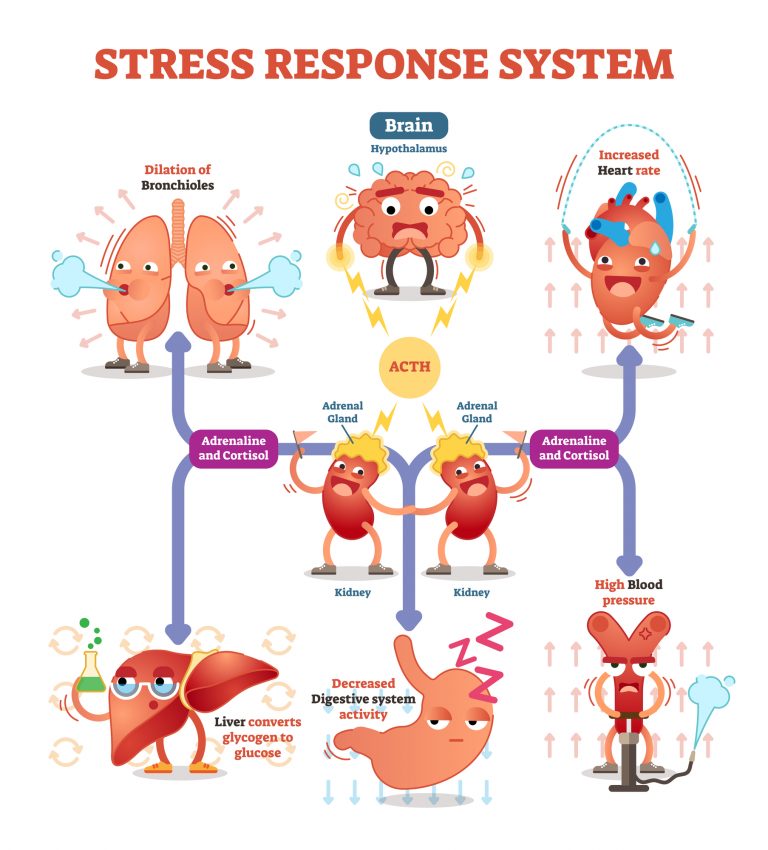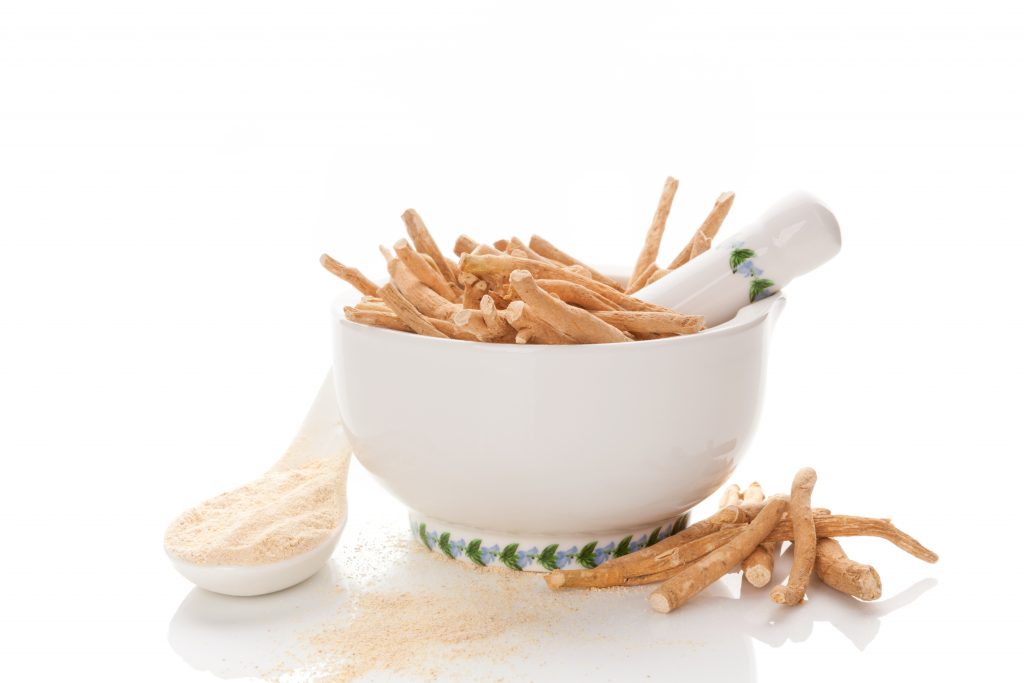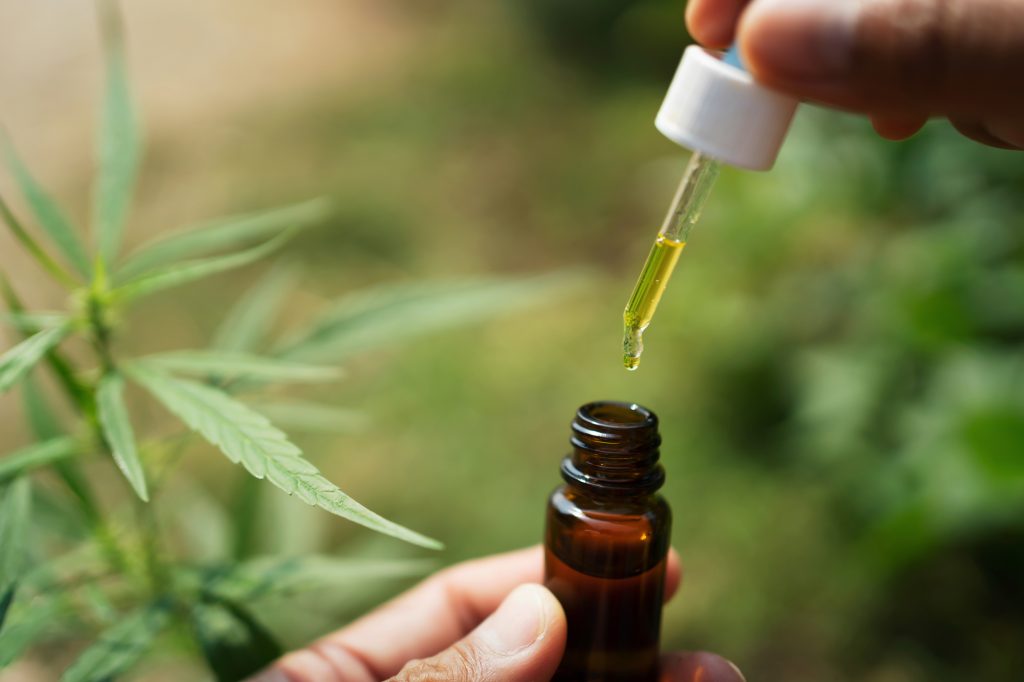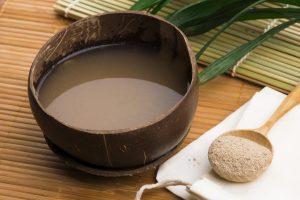When observing prolonged fatigue we look towards the adrenal glands, specifically adrenal fatigue. Overworked or dysfunctional adrenal glands can be a serious medical condition so consult a health professional to assess your condition.
Most of us are all too familiar with the feeling of chronic fatigue. Feeling like we’re burning the candle at both ends, exhausted, low sex drive, body aches and no matter what we do vitality feels out of reach. Without a doubt, we are experiencing this today more than ever. Many of us are facing challenges from financial strain, isolation, and physical and mental health challenges (or all the above).
What are the Adrenal Glands?
To understand this better, let’s learn about what the adrenal glands are. These glands sit on top of the kidneys and are part of the endocrine system. The adrenal glands are part of a system called the hypothalamic-pituitary axis (HPA), which governs many physiological processes throughout the body, most importantly the stress response.
Adrenal hormones
The outer and larger portion of the adrenal gland secretes various hormones called glucocorticoids: cortisol, aldosterone, testosterone, and DHEA. All playing a role in metabolism, regulating blood sugar, insulin levels, sexual function, immune and inflammatory responses.
The hormones from the inner cortex of the adrenals secrete hormones called catecholamines: epinephrine and norepinephrine. These have a big role in our nervous system. Governing the “fight or flight” response in the body, known as the sympathetic nervous system.
Mind and Body Communication
Stressors and Fight or Flight
When we perceive something as stressful, the mind makes a decision in a nanosecond whether that stressor is a threat to our wellbeing. Quickly deciding if we need to take flight, stay and fight or somehow adapt to it. In moments of emergency this automatic response is helpful for us in short term scenarios, like running away from a bear but in our modern day, our stressors look more like being bombarded by our boss, our bills, or the common fear-based news and are far from short term.
The Sypathetic Nervous System
Regardless of what the stressor is, the brain triggers the hormones regulated by the adrenal glands and the body goes into “fight or flight,” the sympathetic nervous system turns on and prepares us for action. Our heart rate and blood pressure increase, the body’s resources go to the muscles (away from digestion and reproductive organs) and we become more alert to our surroundings. This response is not bad, it is important and necessary in situations of acute stress. The rush of adrenaline has kept our ancestors alert to assess danger from predators for thousands of years.
Chronic Stress
However, in our lives today, this stress response is long lasting and has turned into a chronic issue, leading to burnout or more serious conditions. Unlike bears, our mortgage and responsibilities are not as easy to escape and physiologically these stressors are the same to our body.
So how do we cope? Ideally, once the stressor is removed, the body is able to restore balance (homeostasis). Our body goes from “fight or flight” into “rest and digest” and the parasympathetic nervous system takes over. This allows the heart rate and breathing to slow, the body is able to use its resources to digest food, the immune system is more active, inflammation regulates, reproductive organs are more active, and so on.
Stress Response Symptoms
The problem here is that we find, human’s are the only animal that will recite the stressor over and over again in our mind, triggering this stress response by thought alone. When the stress persists for months or longer, the body thinks it is constantly in a state of emergency. The body is not wired for this constant stress, so we begin to see dysfunction of many sorts, leading to an array of symptoms:
• Fatigue
• Body aches (unexplained form illness or physical exertion)
• Brain fog
• Anxiousness
• Sleep disturbances
• Digestive issues
• Mental and Emotional distress

Natural Approaches to Adrenal Support
When it comes to supporting the body for adrenal fatigue, it is important to reach for the root cause of the problem. It is important to consult your physician to make sure there is not a larger medical condition but in addition, holistic support can help you to realign the mind and body back into balance.
• Support healing through the use of individualized supplements and herbal remedies
• Detoxing the mind and body from stressors: emotional, physical and environmental
• Address nutrient deficiencies, increasing food as medicine
• Identify if there is a sensitivity such as food allergies or excess sugars
• Hydration
• Coaching to recognize, prevent and manage stress
• Stress management techniques (yoga, meditation, mindful movement/ walking, breathwork)
• Enhance social support
• Incorporating exercise
Our Healing Intelligence
For most humans, the body is not so fragile that our body begins to break down right away from over stress. Usually we all experience our own form of imbalance. However, the good news is that our bodies are incredibly intelligent and have the ability to heal itself. Without this innate intelligence, even the most intense interventions would not be successful for our healing. The goal is to support this natural healing process. Doing so holistically will look different for each of us, listen to your body and what feels right for you.
Herbs and Supplements for Adrenal Health

Holy basil - Ocimum sanctum
Holy basil is a plant common in Ayurvedic medicine. Known for its adaptogenic properties, meaning it helps the body to adapt to stress, it protects us from the physiological warfare that stress has on the body. Supporting the heart and adrenals to facilitate balance of blood pressure, blood sugars, cholesterol, inflammation, as well as enhancing mental acuity, concentration, and memory.
It is a common herb when discussing weight loss, type 2 diabetes, heart disease, food craving, and anxiety. Holy basil is one of a few herbs that is known for balancing the tri brain-heart-gut centers. It is called the mother medicine, for its long history as a pillar of holistic herbal medicine.
Holy basil has a sweet and warming qualities making it easy to cook with or use in raw recipes such as pesto or drink as a delightful medicinal tea or herbal tincture.
Use with caution if you are on anticoagulant or antiplatelet medications or preparing for surgery.

Ashwagandha - Withania somnifera
Another Ayurvedic herb, ashwagandha, has been used for centuries for its adaptogenic properties and supporting the body for maintaining balance. Ashwagandha has an affinity for the adrenal glands- balancing cortisol (stress hormone) levels, testosterone (fertility), blood sugar, brain function, sleep, energy levels and more.
This herb has a high concentration of withanolides, which have shown to combat inflammation and tumor growth. It increases the activity of natural killer cells, which are immune cells that fight infection and keep you well. It helps to restore the body from daily stress and recover from more serious conditions. Ashwagandha also supports the thyroid, another important gland of the endocrine system and supports the T4 hormone levels, which helps balance many metabolic processes.
Ashwagnandha in Sanskrit is translated as “smells like horse,” so this herb is commonly used with other herbs to blend the flavors and make it palatable. Drink it as a tea, add it to make a medicinal broth, or take in a capsule.

Maca - Lepidium meyencii
For over thousands of years maca has been a staple food in its native regions. Maca powder is high in protein, dietary fiber, and has many important minerals and 19 amino acids. It is known for its warming and nourishing and balancing qualities, specifically to the reproductive organs.
Scientific studies have proven that maca is helpful for erectile dysfunction and improving sex drive in both men and woman. It can also support digestive issues, weight loss, diabetes, brain function, and heart health.
Maca root powder has an earthy and nuttiness. Many people add it to their smoothies, oatmeal, yogurt and sweet treats.

CBD - Cannabidiol
CBD can be a very effective tool for combating adrenal fatigue. It has the ability to interfere with cortisol production, slowing it down and stabilizing overactive adrenals. It can also help regulate the body’s serotonin levels and can quell anxiety. If you feel like you are in a constant state of fight-or-flight, CBD can help you reset your stress threshold and resiliency, allowing your adrenals to heal.





